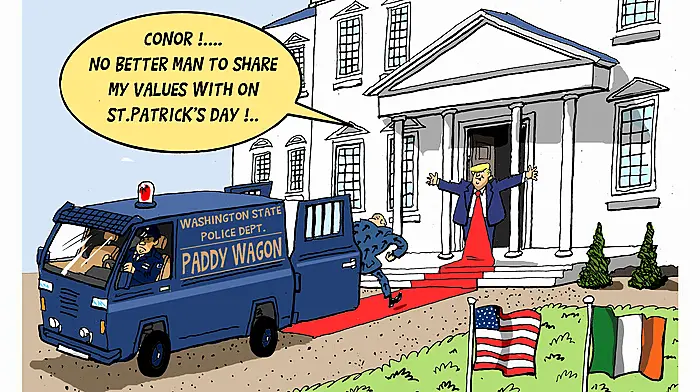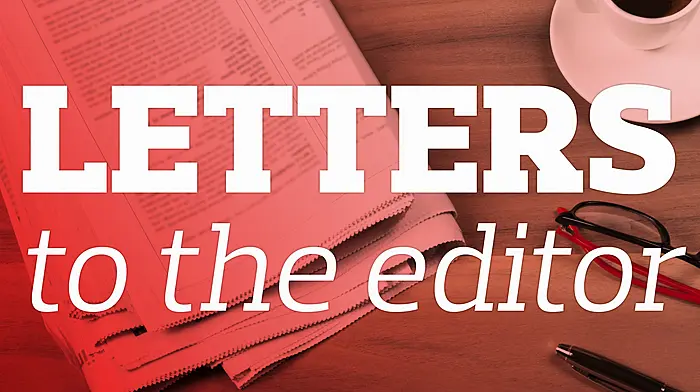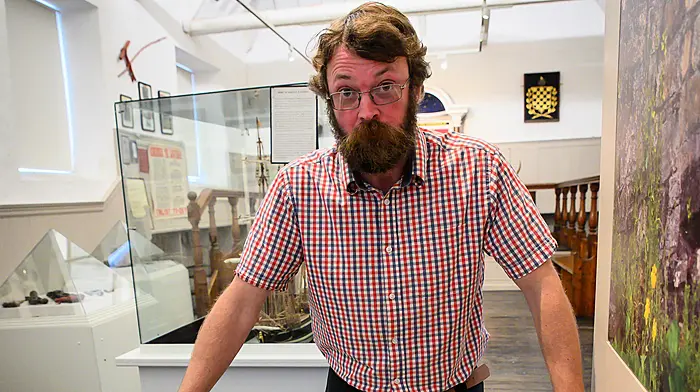THE shortage of taxis might seem like a ‘first world problem’ to some readers, who never need to avail of them, but in an area like West Cork, which is so poorly served by public transport, and has no train service whatsoever, it is a very real problem.
It is not just an issue for those accessing the service directly, be it for socialising, work or attending medical appointments, but for everyone working and living in the local area.
Hospitality, part of the tourism industry, is one of the biggest drivers of economic growth in West Cork.
And in an area heavily dependent on tourism, it is essential that we can provide all the ancilliary services associated with a tourist destination – those include not just accessibility in itself, but also all the associated services and facilities that tourists expect – like restaurants, bars and clubs.
Our lead story this week cites many interested parties now seriously worried about the industry, because of a lack of drivers, who have been put off the work by a number of factors.
Firstly, with an economy at full employment, getting staff for any role nowadays is a difficult task. But with so many barriers being put in the way of drivers entering the taxi business, the added pressure means finding staff is an almost impossible challenge for any cab company.
Not only is the prohibitive cost of insurance a major deterrent, but now there is the pressure of the ‘knowledge test’ for new entrants. The knowledge area involved is County Cork – so drivers who may never venture further north than Bandon could easily find themselves being quizzed on roads in Mayfield or Blackrock – or even further afield than the city centre.
It is ridiculous that the drivers, many of them non-nationals, are required to be familiar with roads they may never travel – especially now when technology has long overtaken the testing regime.
Added to this the fact that new drivers do not want the hassle of having an aggressive customer in their car at night, combined with the fact that anti-social behaviour is on the increase, and you have a recipe for a major shortage of night-time options for all.
Publicans and restaurant owners have said that business is down and they put some of the blame very firmly on the fact that people will not socialise at night if they are worried about how they might get home. Covid taught us how to party in our own homes, so a Saturday night in our houses, with food and drinks bought in from the local supermarket, is no longer such an unusual event. Many will admit it’s a far better option than having a good night out spoiled by a difficulty in getting back home afterwards.
In other countries, the relatively recent entry to the market – Uber – has helped plug gaps in taxi services, but that option has been largely diluted by regulations in Ireland. For example, here an Uber car must be a licensed vehicle, while in many other countries, drivers can use their own private cars.
This has resulted in many unlicensed drivers believing they have a right to fill that gap themselves, by providing unofficial ‘taxi’ services to family and friends – but charging them.
In some areas they have extended this ‘service’ to mere acquaintances, but once they charge for a trip, the car is no longer insured. These drivers are also not garda-vetted, and so constitute a double danger on the roads.
Without younger, legitimate, drivers coming into the business, the future looks bleak on every level.
In an area that already has a very limited bus service, no trains, and relies on tourism for its local economy, this diminishing private transport option needs to be taken very seriously.
It may be yet another element of life in rural Ireland that our local politicians need to start focusing on, especially before the impending election season.










